SALISBURY — “Nikki’s lifelong belief that she had to hide is rooted in a cultural truth that, in fact, your truth is not always safe, and you’re not always going to be believed,” said author Michelle Horton of her sister, Nikki Addimando, a survivor of years of domestic violence who was ultimately incarcerated for killing her abuser.
Horton was presenting her new book, “Dear Sister: A Memoir of Secrets, Survival, and Unbreakable Bonds,” at an event at The Scoville Library on Wednesday, March 27.
It was put on in conjunction with Project SAGE, a community-focused organization dedicated to supporting and advocating for victims of relationship violence, and the Nicole Addimando Community Defense Committee, a collective of Addimando’s friends and advocates who built a national grassroots movement to repeal, repair and end the harms of criminalizing domestic abuse survivors.
Nicole Addimando is the central figure of Horton’s book, a breathtaking account of the high-profile case in which Addimando was sentenced to life for the killing of her long-time abuser.
Overnight, Horton became the caregiver for Addimando’s two small children, Ben and Faye, while also raising her own son, Noah, as she embarked on the battle of a lifetime against the criminal justice system.
In September 2017, Addimando shot and killed her domestic partner, Christopher Grover, in an act of self-defense. In April 2019, Addimando was convicted of second-degree murder and gun possession.
Despite an abundance of evidence to corroborate the years of abuse Addimando endured, the prosecution instead relied on harmful fallacies, domestic violence myths, character assassination, victim blaming and unsubstantiated claims to make their case.
But perhaps most disturbingly, prior to Addimando’s sentencing, New York passed the Domestic Violence Survivors Justice Act, which specifically authorized reductions in sentences for domestic-violence survivors when the abuse they suffered “was a significant contributing factor to the defendant’s criminal behavior.”
Judge Edward McLoughlin, an elected judge still serving on Dutchess County’s Supreme and County Courts, presided in Addimando’s case, and ruled instead that the case did not meet the requirements of a reduced sentence because she “could have left her abuser.”
On February 11, 2020, Judge McLoughlin sentenced Addimando to 19-years-to-life, plus 15 years, plus 5 years post supervision.
After a year of advocacy, in June 2021, an appeals court struck down the ruling, and Addimando’s sentence was reduced to 7.5 years. She was released from prison in January 2024 and is currently on parole and living with her sister in Poughkeepsie.
In the U.S., three women die every day at the hands of a current or former intimate partner, and the myth of “just leaving” is not possible. A commonly referenced statistic among domestic violence advocates is that victims make an average of seven attempts to leave an abusive relationship.
Leaving isn’t a single event. Rather, it’s a complex process that necessitates meticulous preparation and groundwork.
Decades of research, including a groundbreaking femicide study from 2003, by Jacquelyn Campbell, and a three-country study from 1993, by Margo Wilson and Martin Daly, show that the most dangerous time for a victim is when she is leaving the relationship.
After Horton’s reading of a moving passage from the book that underscored the trauma experienced by Addimando and her family, an audience member expressed shock that Addimando was “hiding in plain sight to most of her family and friends.”
The audience member then went on to ask what could be done to “encourage people to be more courageous in seeing and helping victims and what can be done to encourage victims to reach out to broader support?”
Virginia Gold, director of client services at Project Sage responded by noting that the current social environment emphasizes enabling the victim to make different choices.
She explained that this was a way of blaming or putting the onus on the victim of domestic violence, which “creates a context in which someone hears the unspoken messages that they are the one who has to fix this thing happening to them, as opposed to the idea that we are responsible for shifting our assumptions about how relationships should work.”
She said, “one of the reasons that we talk about social change [is that this] erases the responsibility that we need to hold for perpetrators and the conversation that we need to have that identifies the kinds of behaviors that are condoned, ignored, rationalized, or allowed to continue.”
The next question from the audience was an impassioned plea that received rousing applause: “How do we go about getting this judge off the bench?” referring to Judge McLoughlin.
Horton responded, “We need voters in Dutchess County to spread the word because he will be up for reelection in 2025.
“It’s an elected position so we can vote him out of power. It is possible.”
Judge McLoughlin is also a professor of criminal law at Marist College in Poughkeepsie, where some students are petitioning to terminate his role due to his handling of Addimando’s case.
Among the list of grievances against the judge is perpetuation of harmful myths about domestic violence. The petition asks: “How can the college claim to ‘foster a safe living and learning environment for all’ when someone with such a fundamental, well-documented lack of understanding about domestic violence is allowed to shape the minds of young people?” There are currently 812 signatures on the petition. Marist declined to comment.
A staff member of Judge McLoughlin’s chambers said that because the case is still considered pending, McLoughlin is not able to comment.

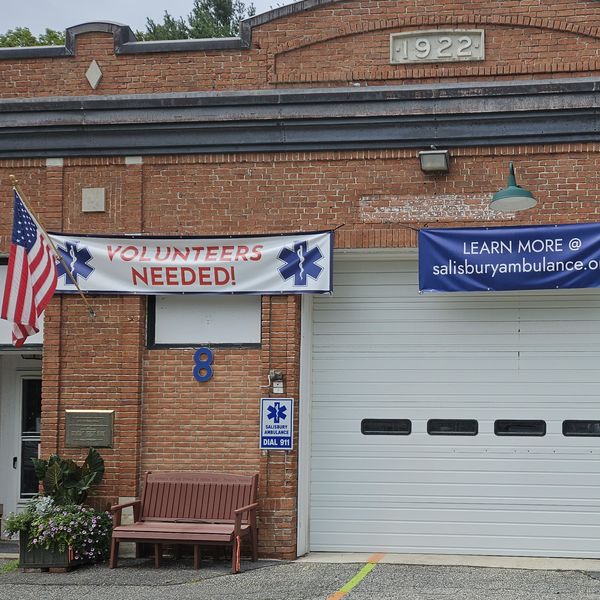
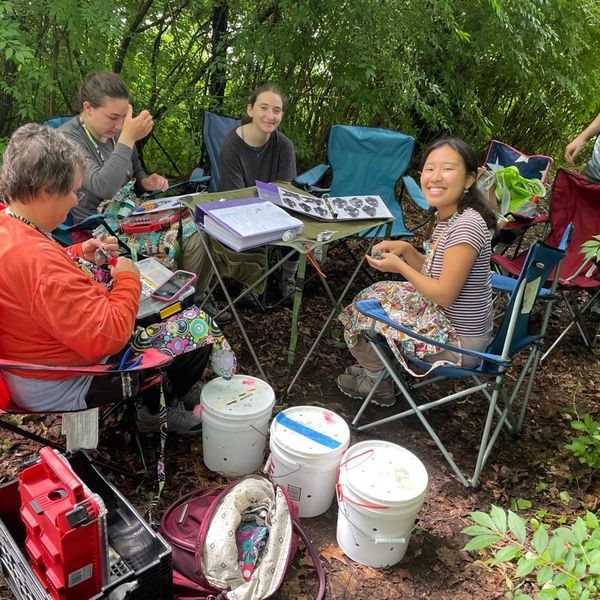


 Sharon’s Mudge Pond spans more than 200 acres. Alec Linden
Sharon’s Mudge Pond spans more than 200 acres. Alec Linden 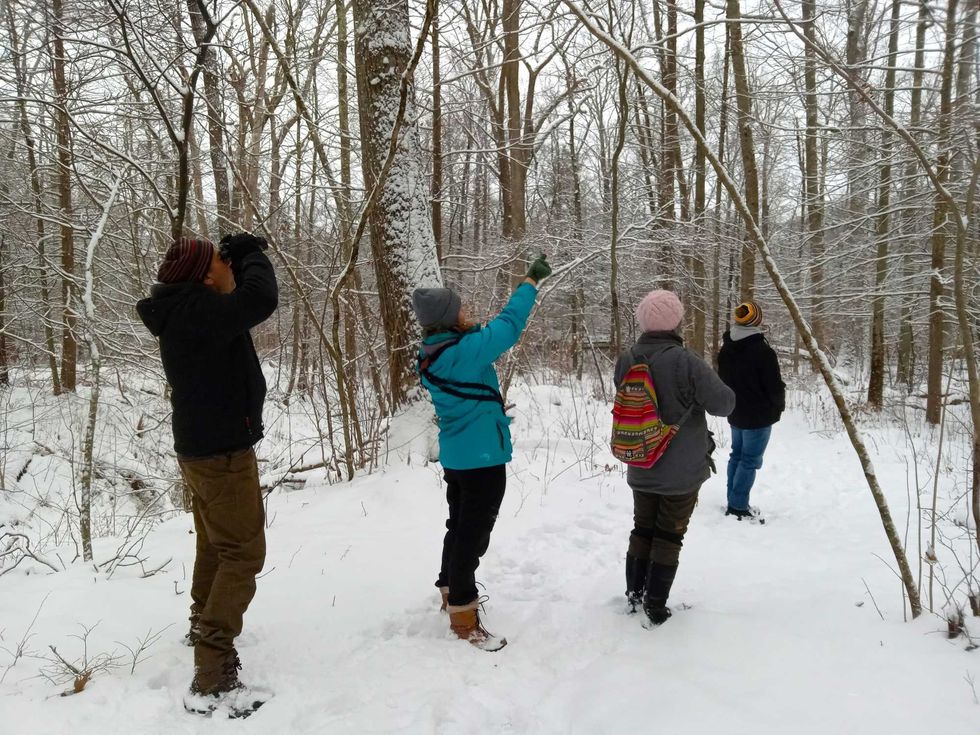 Citizen scientists look skyward for Audubon’s Christmas Bird Count Photo: Cheri Johnson/Sharon Audubon Center.
Citizen scientists look skyward for Audubon’s Christmas Bird Count Photo: Cheri Johnson/Sharon Audubon Center. 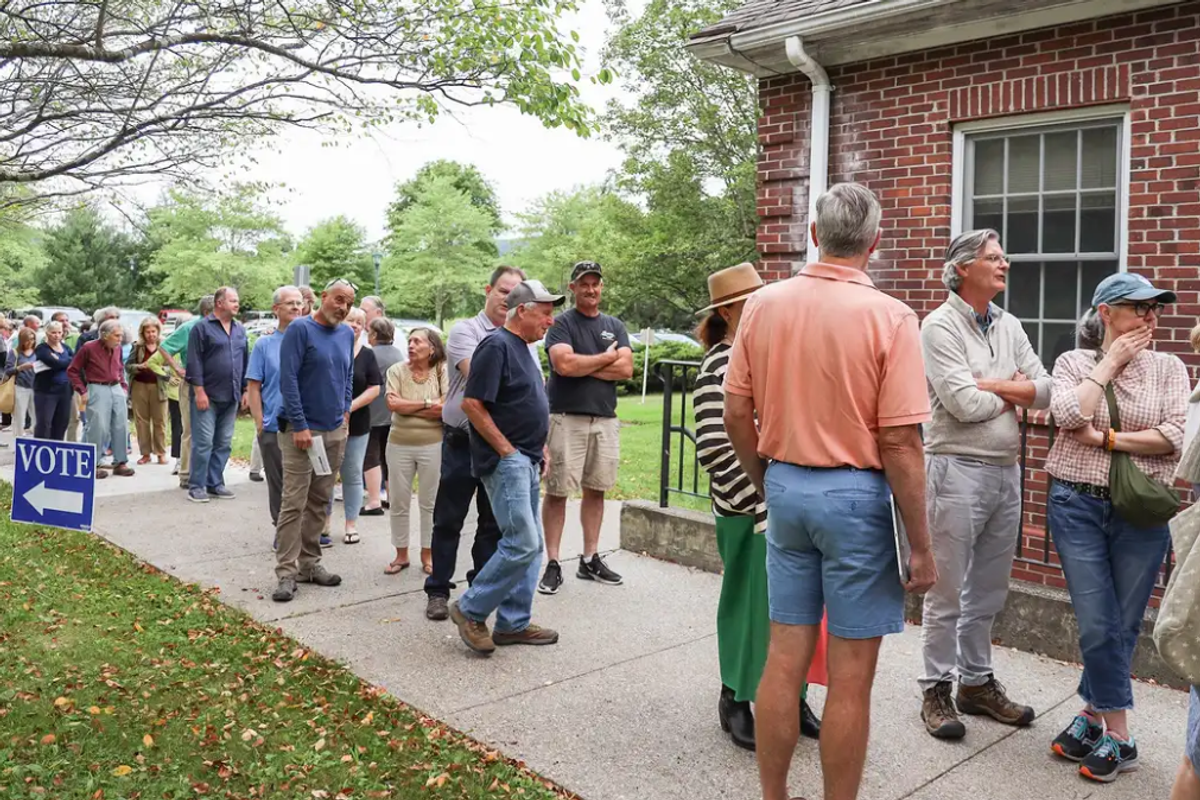
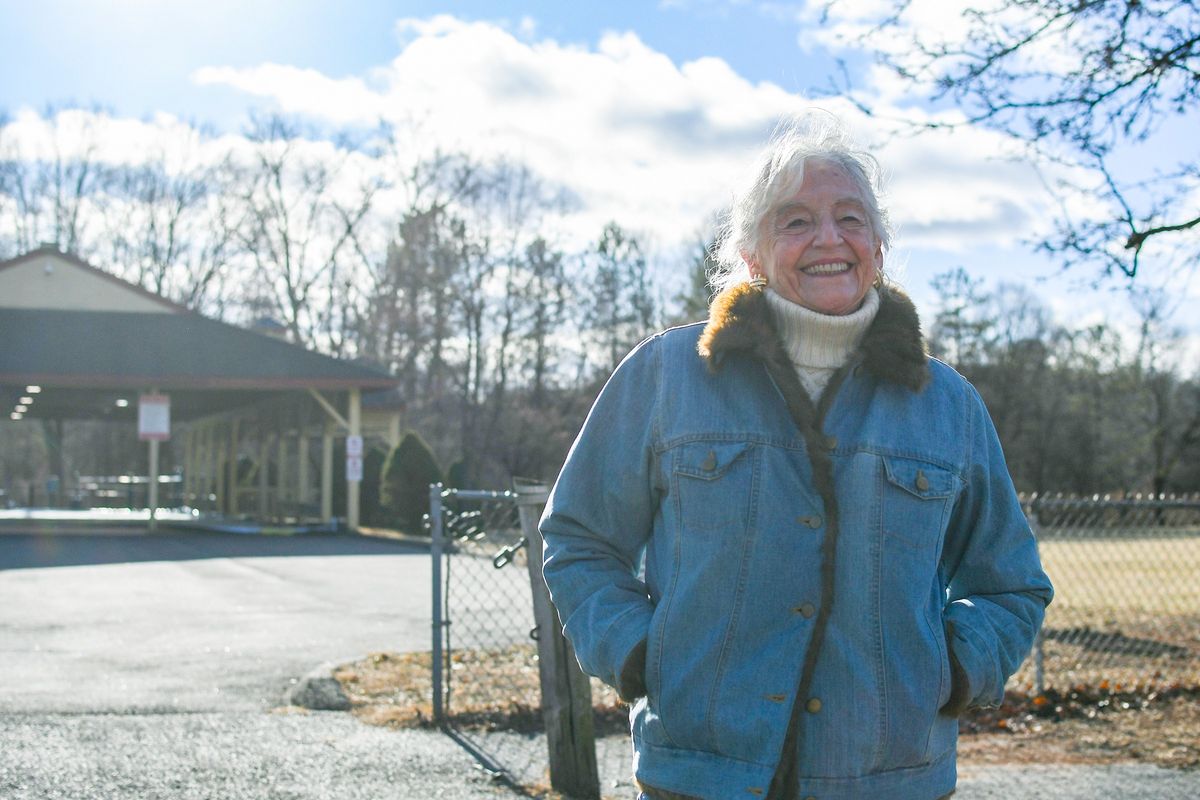
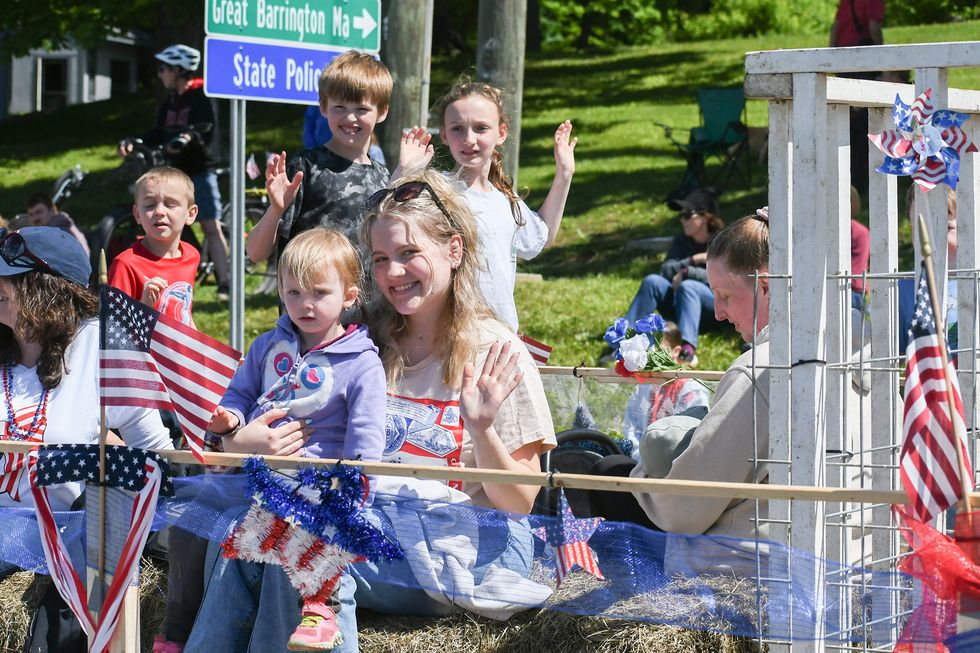 The 4-H Club float rolls down Main Street in North Canaan en route to the Doughboy statue. RIley Klein
The 4-H Club float rolls down Main Street in North Canaan en route to the Doughboy statue. RIley Klein  The 61st annual Railroad Days in North Canaan, now called Old Railroad Days, took place in August. David Carley
The 61st annual Railroad Days in North Canaan, now called Old Railroad Days, took place in August. David Carley 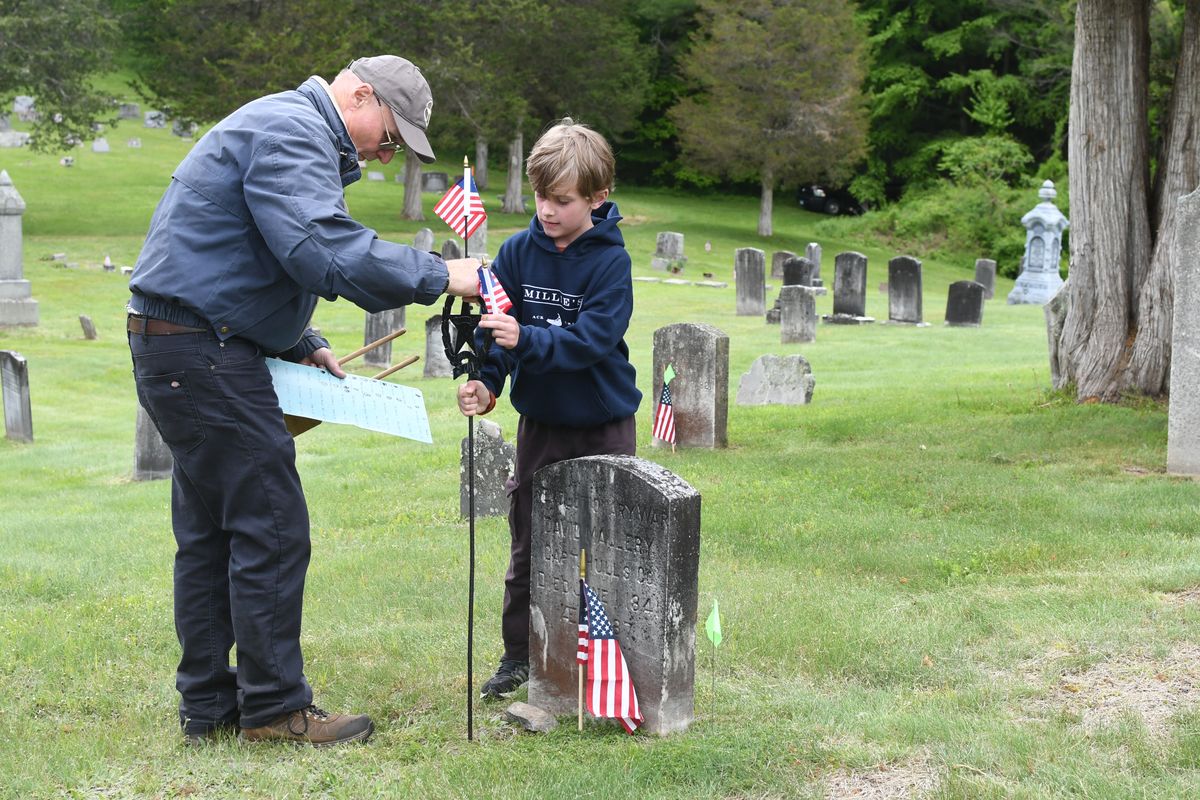
 Cornwall Consolidated School seventh graders take part in a project honoring Naomi Freeman, Cornwall’s first Black female landowner,Lakeville Journal
Cornwall Consolidated School seventh graders take part in a project honoring Naomi Freeman, Cornwall’s first Black female landowner,Lakeville Journal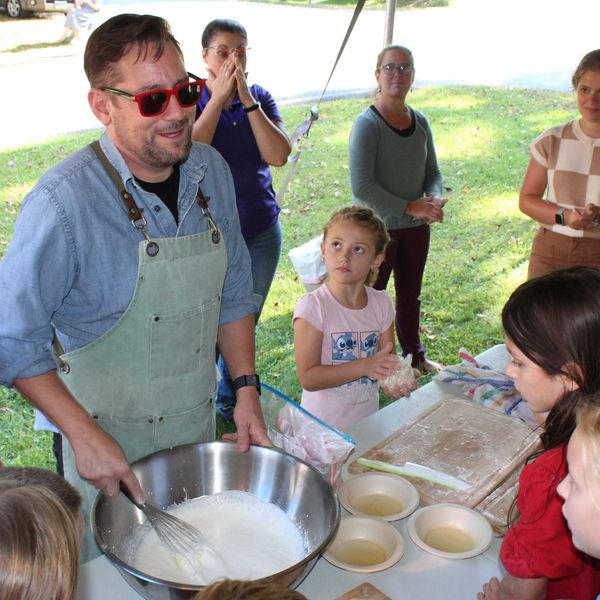
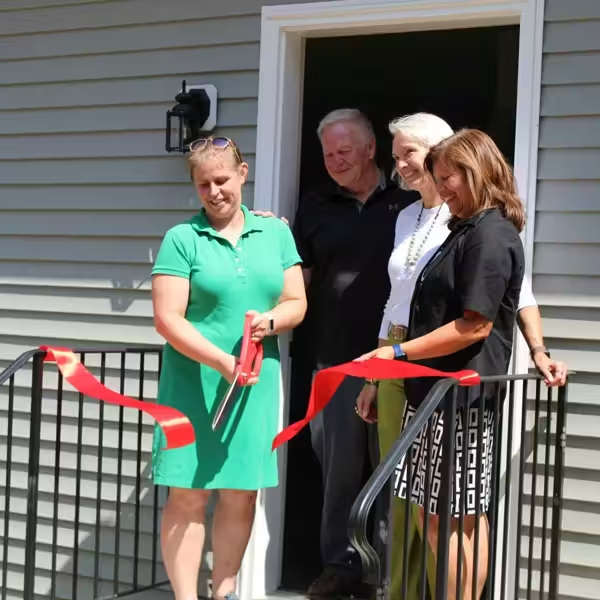

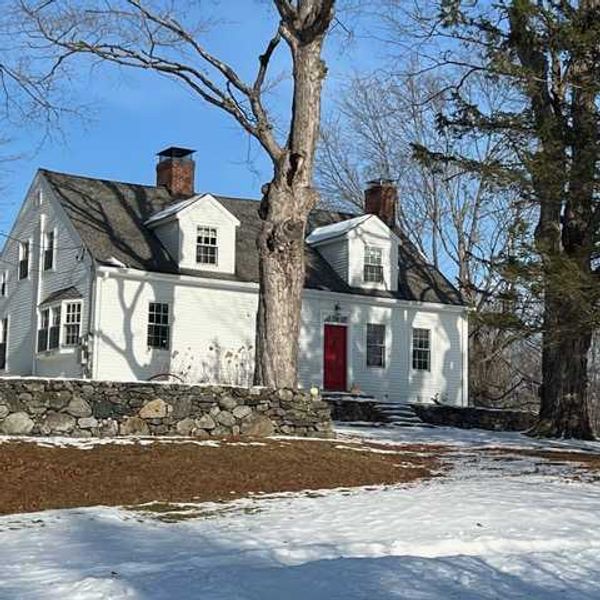
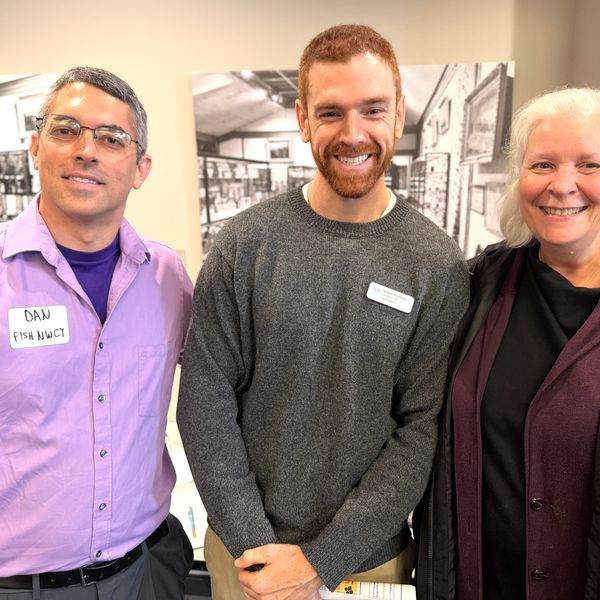
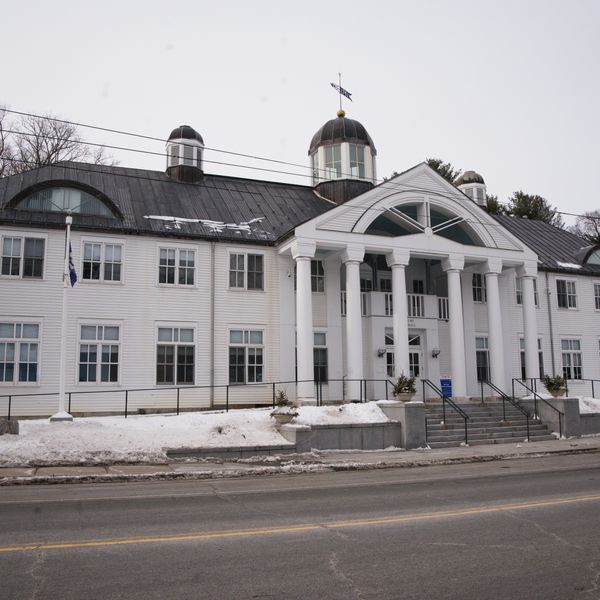
Reassessing how we punish domestic violence
Michelle Horton told the story of her sister’s experience surviving domestic violence and subsequent incarceration during a book talk at Scoville Memorial Library on March 27.